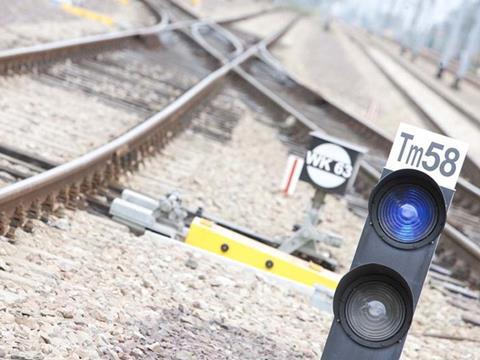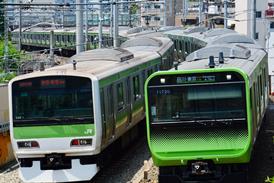
POLAND: The ZNPK federation of independent train operators has called for a ‘serious debate’ on access charges and a ‘radical’ 50% cut in fees, saying infrastructure manager PKP PLK’s current charges for freight trains are amongst the highest in Europe.
ZNPK says that PKP PLK’s draft pricing for 2022-23 includes access charge rises of about 4% for freight and 5% for passenger trains, but its own estimates are that the real increase could be 7% or more, depending on the exact route and train characteristics.
ZNPK has been fighting for a reduction in charges for more than 10 years, arguing that the infrastructure manager’s fixed costs should not be included in the fees, only the marginal costs from running a train. It estimates that this would reduce charges by 50% to 90%.
A ruling from the European Court of Justice led to a 20% to 25% reduction in 2013-14, and subsequent legal cases in Poland have led to several price lists being annulled.
ZNPK believes the high fees have made rail freight less competitive, with rail’s share of Polish freight tonnage falling from 13% in 2011 to 8·3% in 2020, below 10% for the first time, with road volumes increasing while rail falls.
‘As an industry we are annoyed’, said ZNPK General Director Michal Litwin. ‘Throughout 2021 we have been watching beautiful pictures from the celebrations of the European Year of Rail. Then, when it comes to setting track access rates for the following year, we are offered increases in track charges.’
Litwin said Poland should follow Germany, France and Italy in proposing rate reductions to attract freight to rail.
‘Road carriers pay for access to about 1% of roads, while rail carriers have to pay for 100% of the network, even for the most dilapidated sections of track’, he said. ‘We have been saying for years that maintaining such high rates and such an unfavorable proportion of network coverage has an adverse effect on the market.’
He added that ‘in Poland we have one of the largest railway networks in Europe, which, with slight expansion and adjustment, could become the backbone of the transport network and contribute to rail taking over significant volumes of freight.
‘Poland could become one of the European leaders in this area, setting trends in reducing greenhouse gas emissions from transport. For this to happen, however, a determined effort must be made, and a radical reduction in rates would be one of the most important elements of a new pro-rail agenda.’

















